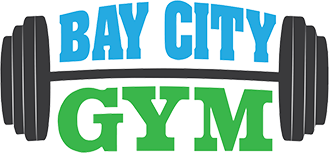Yes, resistance training can benefit weight loss in several ways. While cardiovascular exercises like running, swimming, and cycling are often associated with burning calories and promoting weight loss, resistance training (also known as strength or weight training) offers its own set of advantages for those looking to shed pounds. Here’s how resistance training can help with weight loss:
Increased Muscle Mass: Resistance training helps you build and maintain lean muscle mass. Muscle tissue is metabolically active and requires energy (calories) to maintain itself. The more muscle you have, the more calories your body burns at rest. This can contribute to an increase in your basal metabolic rate (BMR), which means you burn more calories even when you’re not working out.
EPOC (Excess Post-Exercise Oxygen Consumption): Intense resistance training sessions can lead to a phenomenon known as excess post-exercise oxygen consumption, or EPOC. After a challenging resistance workout, your body continues to burn calories at an elevated rate to repair and recover muscle tissue. This can result in additional calorie expenditure post-exercise.
Improved Insulin Sensitivity: Resistance training can enhance your body’s insulin sensitivity, which means your cells are better at using glucose for energy. Improved insulin sensitivity can help regulate blood sugar levels and reduce the risk of weight gain associated with insulin resistance.
Enhanced Fat Loss: While cardiovascular exercise primarily burns calories during the workout, resistance training can help you burn more fat over time. As you build muscle and improve your metabolism, your body becomes more efficient at utilizing fat for energy.
Overall Caloric Burn: Resistance training itself burns calories during the workout, helping create a caloric deficit if combined with a balanced diet. This deficit is essential for weight loss.
Increased Resting Energy Expenditure: Resistance training can lead to an increase in resting energy expenditure due to muscle growth. This means you burn more calories throughout the day, even when you’re not engaged in physical activity.
It’s important to note that while resistance training can be a valuable component of a weight loss plan, a comprehensive approach that combines both resistance training and cardiovascular exercise with a balanced diet is often the most effective way to achieve weight loss and overall health goals. Additionally, proper form and progression in resistance training are important to prevent injuries and maximize the benefits. Consulting with a fitness professional or personal trainer can help you create a safe and effective resistance training program tailored to your specific goals.


